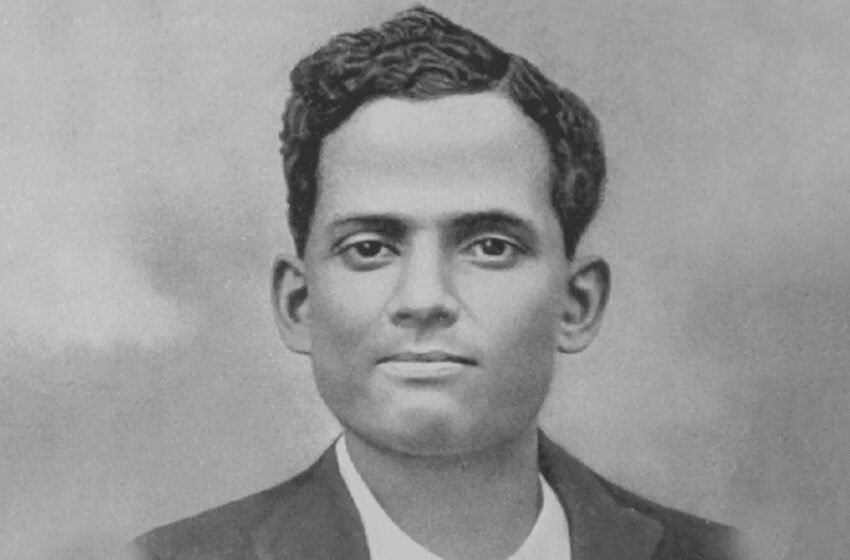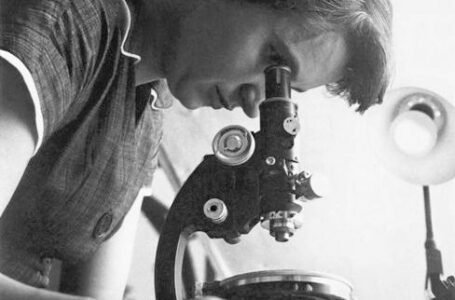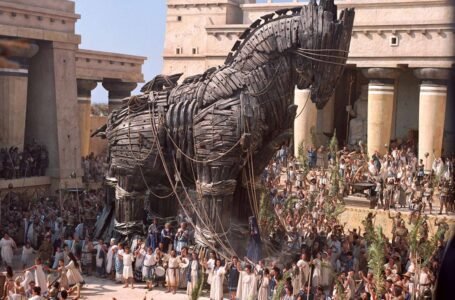The silent warrior: Batukeshwar Dutt

-Muskan
Heroes are unforgettable. They are the personalities fighting for and guiding people to the right paths. But not all heroes are silver screen, larger-than-life characters. Some are silent warriors who choose a real purpose beyond fame. They are forgotten heroes. One of the prominent warriors of Indian history, who lived a life beyond fame, was Batukeshwar Dutt. As a freedom fighter for independent India, Dutt’s life is a symbol of true dedication, patriotism, and simplicity.
Early Life:
Indian revolutionary, socialist and independent fighter, Batukeshwar Dutt was born on 18 November, 1910 in Khandaghosh village of Burdwan district, Bengal (present day West Bengal). His father was Gostha Bihari Dutt. The other names by which Batukeshwar Dutt was known were Battu, B.K. Dutta, and Mohan.
Education:
He completed his schooling at Theosophical High School and graduated from Prithvinath College (PPN High School), Kanpur. During his college days in Kanpur, he met Bhagat Singh and soon they became an energetic duo. They started reciting revolutionary literature to each other which had a deep impact on them. Dutt helped Bhagat Singh learn Bengali and read Karl Marx. Bhagat Singh inspired Dutt and he joined the Hindustan Socialist Republican Association (HSRA). During these days, he also learned the process of bomb-making.
Revolutionary roles:
During his struggle for freedom, he came into contact with different revolutionaries with different backgrounds. They read patriotic books and exchanged revolutionary literature. In 1924, a revolutionary party named Hindustan Prajatantrik Sangh was formed by Sacindra Nath Sanyal in Kanpur. Dutt came into contact with other revolutionaries and, started a hand-written magazine, Kranti. Soon he became prominent in the revolutionary group.
After his mother’s death, Dutt went to Calcutta, an important hub of that time for revolutionary activities. The workers’ and peasants’ movements were at their peak. He met Muzaffar Ahmed, a prominent communist movement leader in Calcutta. Dutt had a good hold over Hindi language due to his Kanpur background. He was entrusted with a duty of organising Hindi-speaking workers by Muzaffar Ahmed. Eventually, he became a member of the Bengal Workers and Peasants Party and worked with them for a time.
He also became a member of Naujwan Bharat Sabha, a revolutionary organisation founded by Bhagat Singh in 1926. It was also associated with HSRA and both the associations were known for their Marxist ideologies. He also shared a close association with Chandrashekhar Azad.
Legislative Assembly Bombing:
On 8th April, 1929, to protest against the Trade Disputes Bill, and the Public Safety Bill, which gave more control to the British government over the revolutionaries and freedom fighters, young Bhagat Singh and 19-year-old Batukeshwar Dutt threw two bombs in the Central Legislative Assembly (British Assembly), Delhi. They raised the slogan ‘Inquilab Zindabad’ and showered pamphlets from the visitors’ gallery stating ‘Those who are deaf need loud voices’. These repressive bills were against freedom of speech, civil liberties, and working rights. The bombs were thrown to register the resentment, not to harm anyone. The incident was planned carefully using non-lethal bombs, ensuring zero casualties, only minor injuries to a few people.
The aftermath:
In the aftermath of this bombing incident, they did not try to escape, were arrested the same day, and sent to jail. Even from jail, Dutt along with Bhagat Singh continued to struggle for freedom, human rights, and against British atrocities. With the demands of better living standards for prisoners, dietary standards similar to European prisoners, separate wards for political prisoners, and access to reading material including newspaper, and books, he went on hunger strikes for two times, in May 1933 and July 1937. These historic strikes highlighted him as a freedom fighter to stay on hunger strike for 114 days in total. Later, they were sentenced to lifetime imprisonment. Batukeshwar Dutt was sent to Kala Pani (Andaman Cellular Jail). Eventually, he was shifted to different jails, Hazaribagh jail, Delhi jail, Patna jail, and Lahore jail. Bhagat Singh was also shifted to different jails till given a death penalty in the Lahore Conspiracy case. In his last letter to his mother, Bhagat Singh wrote,”I am leaving, but I am alive in Batukeshwar Dutt.” Though Batukeshwar Dutt was an accused in Lahore conspiracy case, he was not found guilty due to non non-availability of evidence against him. In Assembly bombing case, he remained on lifetime imprisonment.
Health issues:
In 1938, during his imprisonment, Dutt went through severe atrocities by the British police. The continuous torture, insufficient diet, and the environment of jail affected his health and he suffered from tuberculosis. Dr Rajendra Kumar, Mahatma Gandhi, and Mohan Lal Saxena wrote to various authorities including Chief Minister of Bihar Shrikrishna Singh, Bengal Governor and the Executive Viceroy, requesting Dutt’s release on medical grounds. The newspaper Searchlight also demanded Dutt’s release. After all these efforts, Batukeshwar Dutt was finally released on 8 September 1938 from Bihar Jail.
Quit India Movement and post-independence:
Four years later, in 1942, he again highlighted his patriotism when he joined Mahatma Gandhi’s Quit India Movement which led him to another imprisonment of four years. In 1947, after four years of imprisonment, he was released post-independence. After his release, he married his wife Anjali and they gave birth to a daughter named Bharti Bagchi. In Independent India, he did not receive any recognition for his revolutionary works. He retired from active political life and moved to Patna with his family. There he continued writing articles and got involved in business.
Death:
In 1965, the long imprisonment, hunger strikes, and jail tortures led him to serious health issues. He suffered from Bone Cancer and succumbed to it on 29th July, 1965 in AIIMS, Delhi. Bhagat Singh’s mother stayed with him and his family during his last days. To fulfil his last wish, he was cremated at Hussainiwala, near Firozpur in Punjab, where his revolutionary partners, Bhagat Singh, Rajguru, and Sukhdev were cremated.
For his revolutionary fight without any fame, he is known as ‘The forgotten hero’ or ‘The Silent Warrior’ in the Indian freedom struggle.


